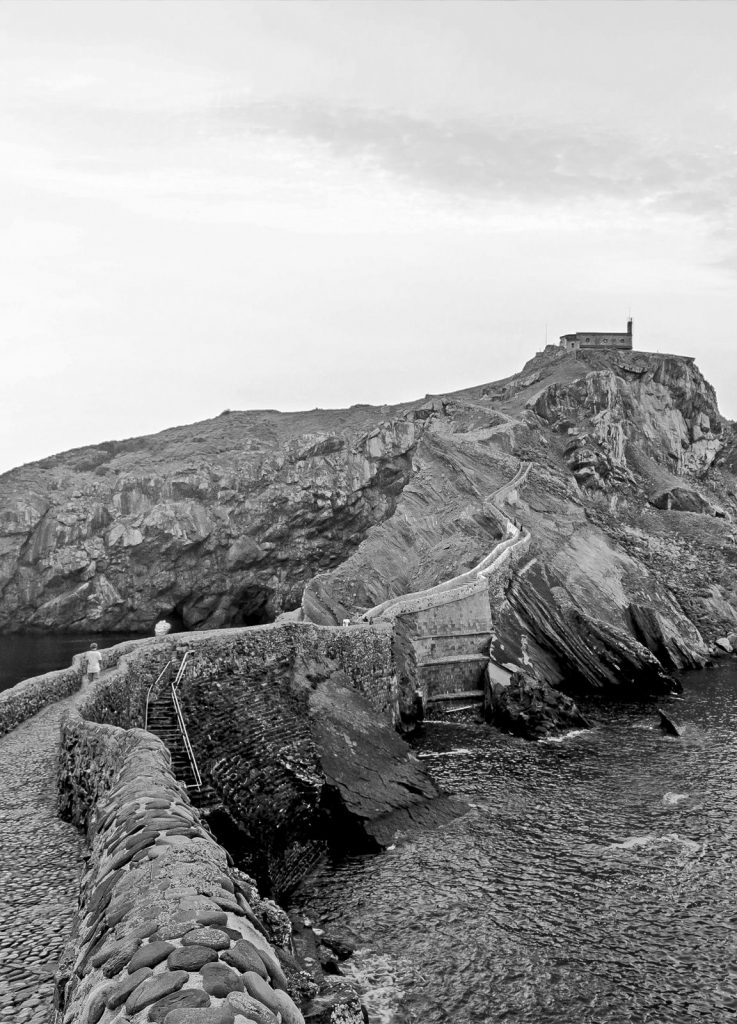The coming 20 October will mark five years since ETA announced a definitive cessation to its armed activity, an occurrence that has naturally affected multiple aspects of the Basque Country’s everyday life, political activity and future outlook. For this reason, in issue number 28 of the Peace in Progress magazine we are devoting the main articles to finding out what has been happening in the Basque Country during these five years without ETA violence.
The first two articles provide diagnoses of the peace process as it now stands. Rafael Sainz de Rozas’ article examines the condition of the peace process in the Basque Country at the present moment, while Paul Ríos’ article highlights the sticking points in this process as well as the progress made. Both stress the political violence’s end as being significant in terms of the expectations it has generated. They also remark upon it not having led to a process of negotiation and transitional justice, since the decision was taken unilaterally by ETA, without involvement from the PP government through talks or any other measures. According to Sainz de Rozas, consensus is yet to be reached either on the acceptance of responsibilities for the use of violence or on recognising and repairing the damage caused to all of the victims. Paul Ríos notes that measures relating to the surrender of weapons, the demobilization of current militants and the reintegration of prisoners from ETA all remain blocked. The author is of the opinion that these blocks are unsustainable, given the speed with which Basque society is settling in its new coexistence and expressing its will to move forward in the peace process.
We also wanted to investigate changes arising from the end to political violence in relation to local cohabitation and institutional politics. Aitziber Blanco describes some initiatives being implemented by the civil society and in particular by town councils, initiatives aimed at tackling conflictive and painful issues and at reconstructing the social fabric and coexistence from bottom to top. All are based on one shared desire: to improve social understanding, to allow free expression of antagonistic points of view, and to allow voices to be respectfully heard without aggression. Pedro Ibarra in his article remarks on how the disappearance of ETA violence has led to the polarization between political parties being neutralized. On one side the contaminating anti-nationalist arguments disappears, and on the other, nationalist independence reclamations are tempered. The only clear remainder of the polarization relates to the consequences of the violence. Ibarra alleges that, in general, the situation can be said to have gone from one of outright confrontation to one of normally conflictive relations.
From a feminist viewpoint, Irantzu Mendia highlights the importance of drawing upon the experience and contributions of women in order to construct lasting and sustainable peace in the Basque Country. She recalls a pioneering and cross-cutting initiative to work towards peace led by the women of Ahotsak in 2006. She also introduces us to Emagune, a new proposal seeking to contribute to a better diagnosis of conflict in the Basque Country, including the continuum of violence against women. It is launched in the firm belief that consolidating peace and coexistence requires deeper levels of democracy, and of female involvement in decisions relating to the conflict, its consequences, and the building of a society free from violence.
Lastly, the interview with Antoni Batista provides us with the views of a Catalan journalist whose experience of following the Basque conflict dates a long way back. Batista is convinced that the cessation of the violence is irreversible and that peace in the Basque Country is being consolidated, despite the Spanish government not doing anything to aid this process.
This collection of texts provides us with a panorama of everything ETA’s cessation of armed violence has opened up and positively affected on the road towards peace, while also showing the limitations and stumbling blocks. They all look towards the future with a certain amount of optimism, considering this peace process to be one that will stay its course, and that there remain opportunities open to build lasting and integrating peace in the Basque Country.
Photography (CC) : S. Robles
© Generalitat de Catalunya
